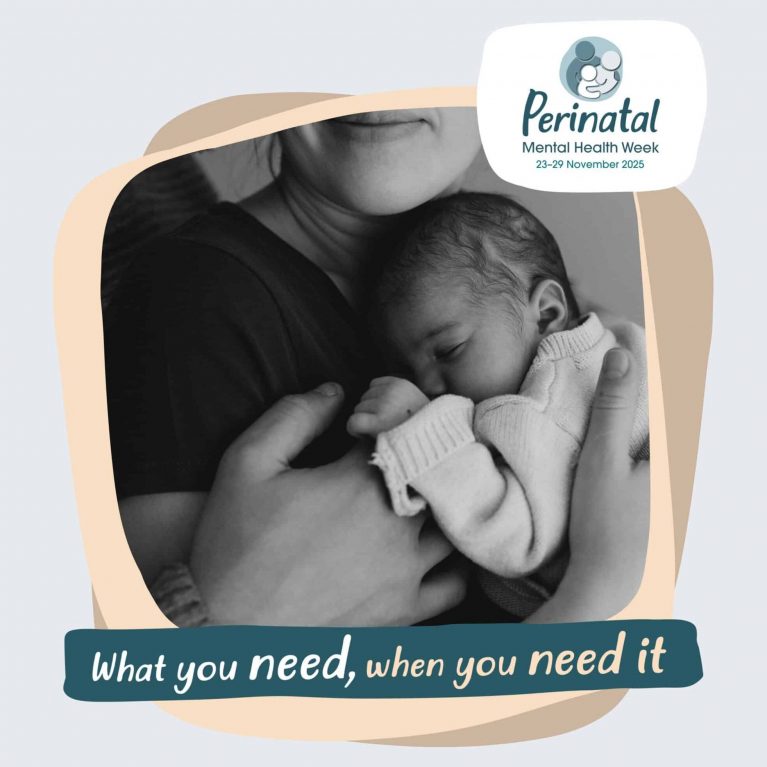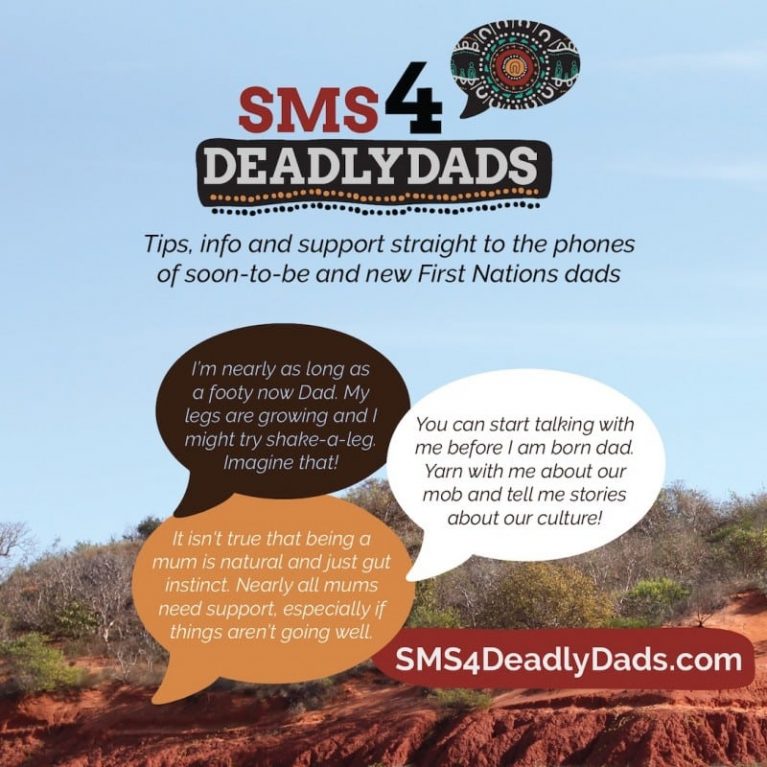Although the birth of a child is a joyous event, many parents are surprised by how exhausted they feel during those first weeks and months. Newborns require constant attention. As a new parent, you may feel compelled to dedicate every available hour tending to your baby’s needs. But don’t forget that you have needs, too—especially when it comes to sleep.
Once baby is born, your sleep will be frequently interrupted. Red Nose Chief Midwife Jane Wiggill says the first step is to understand and accept that your sleep pattern will change.
“Babies do not have a circadian rhythm – that means they have no idea whether it’s day or night!” Jane explains.
“Circadian rhythm develops over the first three months of life and babies will start sleeping for longer periods of time and will develop more of a pattern to their sleep once their circadian rhythm is established,” says Jane. “Until then, find ways to share the care of baby with partners and loving family members or friends”.
You also need to take care of yourself and your partner during this challenging time of transition into parenthood and the changes to your sleep.
“I recommend making sleep a priority for you and your partner, and try to take frequent naps when the baby is napping during the day,” says Jane.
Jane also says it’s important to remember that all babies cry.
“Crying generally peaks at 6-8 weeks and then decreases,” says Jane. “Babies cry for many reasons, as they continue to adjust to life outside of the womb and this is their way of communicating.”
“Usual reasons why babies cry include: hunger/thirst, wet or dirty nappy, being over tired, the need for comfort, or being too hot or cold.”
“But, sometimes babies cry because they are crying! This can be distressing to parents and care givers. Sometimes, just being there with your baby as they cry is all you can do. It’s ok and you’re doing a great job!” Jane says.
Jane also has some tips for helping to establish your baby’s sleep pattern. “Feeding at night is an opportunity to teach your baby that night-time is for sleeping – the way to do that is by not socialising with baby during this time,” says Jane. “Limit talking and eye contact during these middle of the night feeds,” Jane adds.
“If you’re waking multiple times a night to feed your baby, as is very common in the first few months, remember to do so in a quiet, dimly lit environment, and avoid the temptation to check your phone or turn on the TV, this will help you go back to sleep more easily when finished,” Jane says.
Practicing Red Nose’s safe sleep recommendations can also help parents feel reassured that they are sleeping their baby in the safest possible way and reducing the risk of SIDS.
“Feel confident that you are providing your baby with best practice techniques to stay safe when sleeping because you love them so much,” Jane says.
Are you a new parent and feeling overwhelmed or anxious? Get in touch with PANDA – Perinatal Anxiety and Depression Australia – on 1300 726 306.
Have you experienced a loss such as a miscarriage, stillbirth, or SIDS? Contact Red Nose Grief and Loss on 1300 308 307 – we are here for you 24 hours a day, 7 seven days a week.
Did you find this helpful?
Good job! Please give your positive feedback
How could we improve this post? Please Help us.




